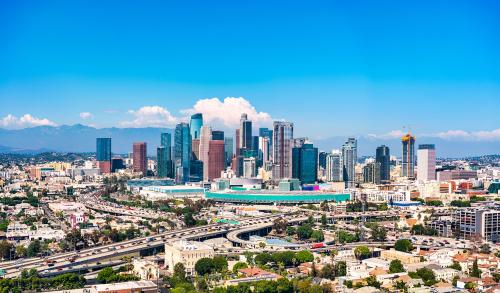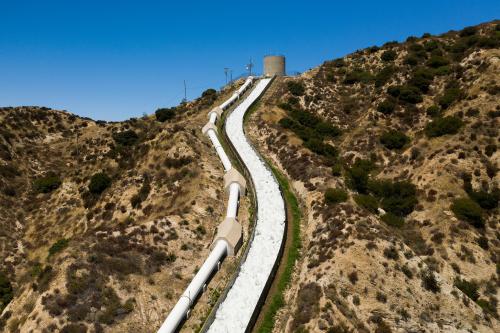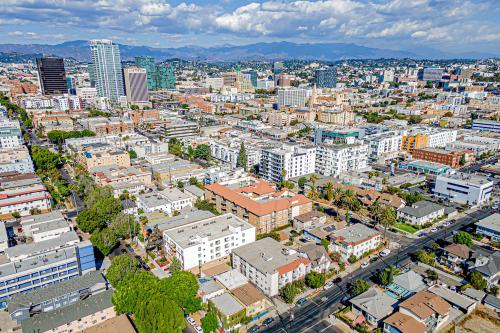

4:00 pm EST - 5:00 pm EST
Past Event
4:00 pm - 5:00 pm EST
1775 Massachusetts Avenue, NW
Washington, D.C.
20036
Following a century of automobile-centric development, it’s little wonder that parking is now one of the most common features in America’s cities and suburbs. Yet what seems like a minor convenience for each driver is, in fact, a contributor to lower public health, environmental pollution, and reduced economic opportunity.
On Tuesday, February 6, Brookings Metro held a discussion with Henry Grabar, a staff writer at Slate, on how American cities can evolve their approaches to parking and, in the process, build more inclusive and sustainable neighborhoods. Grabar talked about his recent book, “Paved Paradise,” in which he details how the country designed itself into this situation—and features stories from many of the leaders who are trying to design a way out.
A panel followed with experts from across the transportation, urban planning, and real estate industries to compare notes on just how big the retrofit needs are and some of the promising examples beginning to emerge from across the country and beyond.
Registration is required to attend an event in person and guests at Brookings are required to attest to their state of health before attending. Visitors may not enter the building if they are feeling ill for any reason, have any symptoms commonly associated with COVID-19, or have tested positive for COVID-19 at any time in the preceding 5 days or longer in accordance with current CDC guidance, or have been advised by their healthcare professional or otherwise to not enter any space where some persons may not be vaccinated.
Panelist

Martha Ross, Zoë Dec
December 17, 2025

Martha Ross, Zoë Dec
December 17, 2025

Adie Tomer, Ben Swedberg
December 11, 2025